ERP Customization: Tailoring Software to Fit Your Unique Business Needs

Close up of confident multiethnic businesspeople with African female leader, working together in office, using laptop and tablet pc, discussing business strategy or new startup
While most ERP solutions are built with a comprehensive set of features, every business has its own processes, regulations, and strategic goals. Therefore, ERP customization becomes essential to adapt the software to your specific requirements, ensuring maximum value and efficiency.
Why Customize ERP?
Standard ERP modules may not fully cover unique or industry-specific workflows. Customization allows organizations to:
- Achieve perfect alignment with core processes.
- Enhance user experience for higher adoption.
- Generate customized reports and analytics.
- Support unorthodox operational models or compliance needs.
Types of ERP Customization
- Configuration: Adjust system settings and parameters to better match business rules.
- Adding Modules or Extensions: Develop and add new functionalities that are not part of the standard package.
- Code-Level Customization: Modify or extend the system’s core code for complex process adaptations.
- UI Customization: Redesign dashboards and screens for more intuitive user interfaces.
Benefits of ERP Customization
- Better process alignment and operational efficiency.
- Increased user satisfaction and higher adoption rates.
- Competitive differentiation through tailored features.
- More relevant and detailed reporting.
Caution and Best Practices
- Plan for Upgrades: Extensive customizations can complicate future upgrades; aim for flexible, modular modifications.
- Avoid Over-Customizing: Excessive changes may increase costs and reduce system stability.
- Prioritize Critical Needs: Focus on modifications that truly provide strategic advantage.
- Document Everything: Keep detailed records of customizations for future maintenance and upgrades.
Current Trends in ERP Customization
- Low-Code and No-Code Platforms: Allow users to customize workflows without deep programming.
- API Integrations: Extend ERP functionality via open APIs.
- AI-Driven Custom Workflows: Use machine learning to customize processes dynamically.
- Cloud Flexibility: Customize on scalable platforms with less dependency on on-premise infrastructure.
Incorporating customization thoughtfully into your ERP strategy can significantly enhance business performance, but it requires balanced planning and ongoing management. When implemented correctly, customization makes your ERP truly your own—powerful, flexible, and aligned with your vision.

